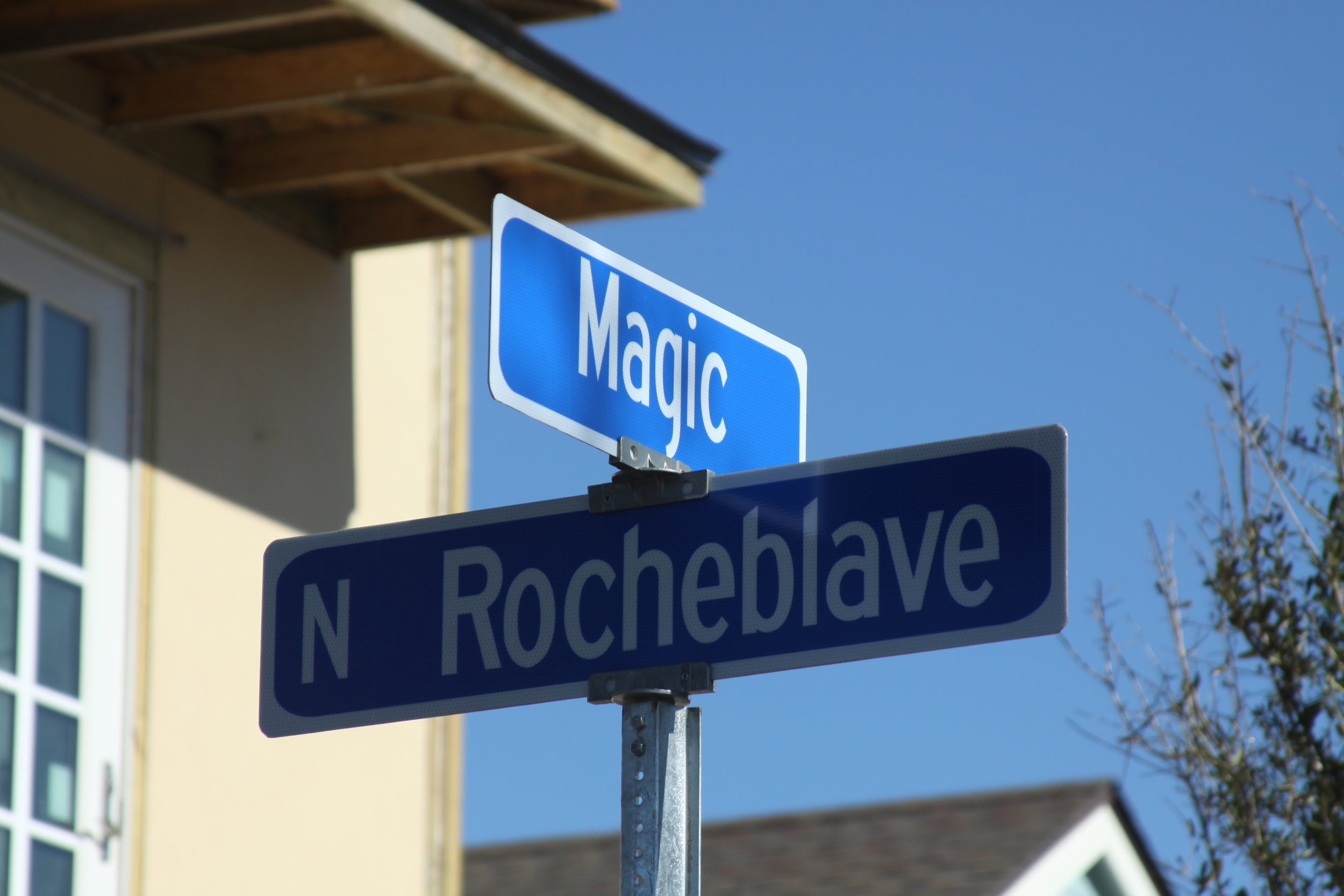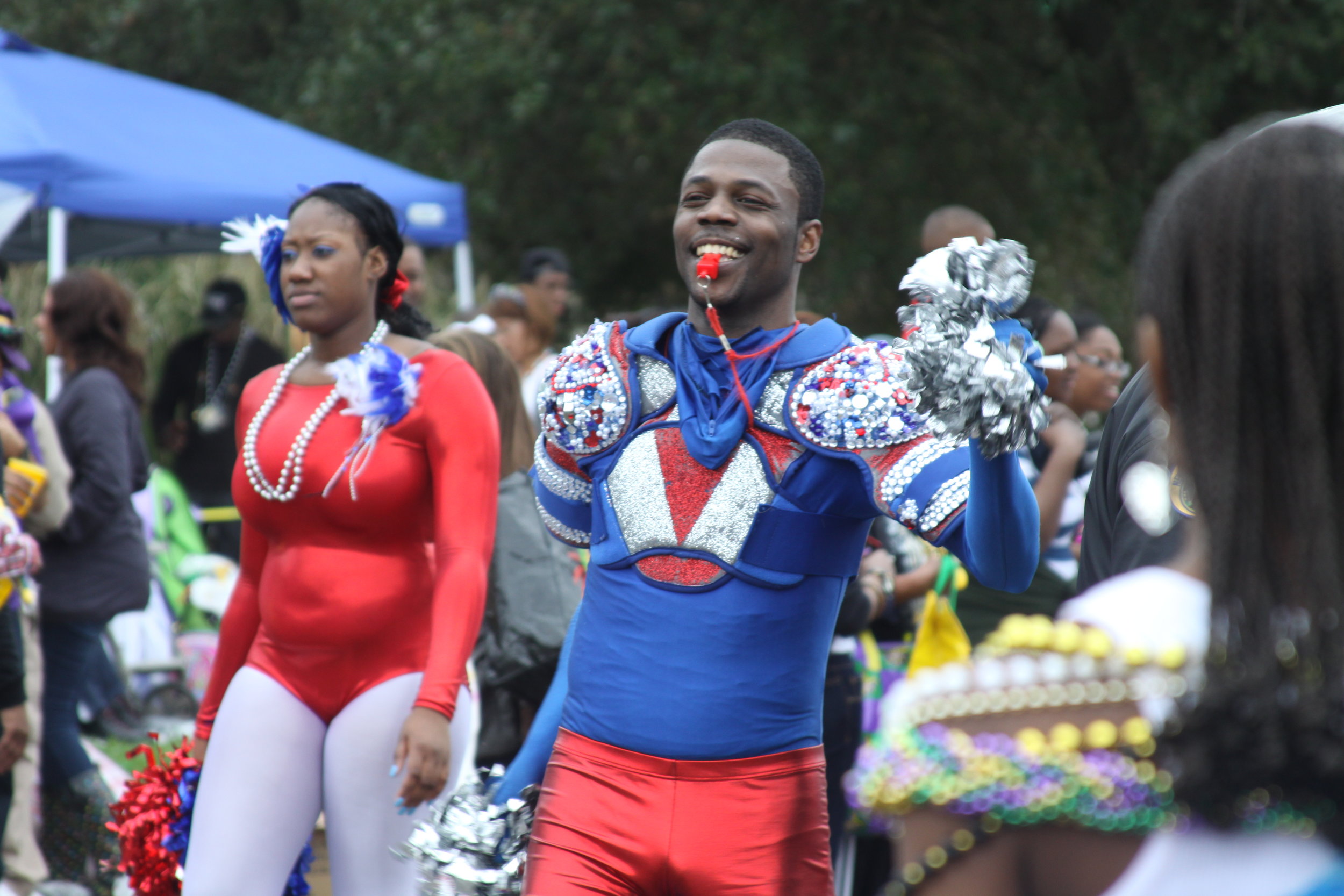Put Some Respect on it: Recognize and Validate the Uniqueness of New Orleans Youth
“From creating songs about sexually transmitted infections to their own New Orleans bounce music beats, to using local vernacular and comedy that is reflected in their negotiation skill role-plays, our youth are truly exceptional.”
Quinette Collins, MPH | BY-LA Program Facilitator
If you ask me, New Orleans is one of the most unique places in the world. From second lines, festivals, delicious food, music, art, vernacular, crime, dismantled school systems, increasing health disparities, ineffective policies and everything in between. All these influences permeate every aspect of life and ultimately culminates into a big melting pot of factors that affect our youth in many different ways, especially in regard to their sexual health. As a native New Orleanian and health educator at IWES, I look forward to the unique organic connections that form with the youth I work with because of having a shared identity, despite having various and different lived experiences. I love hearing "Oh Ms. Q, what part of the city are you from?" even before starting our first lesson. It is always exciting and humorous to see and to encourage some of the unique cultural creations produced in the classrooms. From creating songs about sexually transmitted infections to their own New Orleans bounce music beats, to using local vernacular and comedy that is reflected in their negotiation skill role-plays, our youth are truly exceptional. Even in the fun and creative moments, some of the realest moments occur when youth actually hear and internalize how their decision-making, sexual, mental and emotional well-being ultimately affects the same shocking incidence rates of sexually transmitted infections and unintended pregnancy that affect them and their peers in their own communities.
Many of our schools are filled with disconnected and transient staff that often utilize ineffective disciplinary measures that disregard the daily-lived experiences and traumas of our youth and fail to establish safe and influential connections. As a health educator, even though my time with youth is temporary, I strive to create connections that acknowledge the importance of recognizing, validating and respecting the uniqueness of our kids. It is important for any health educator to prioritize creating an environment that should nurture, educate and foster growth while being aware of the complex factors that shape our youth and their perceptions of their own sexual and mental health.
It is also important to know that most sexual health curricula do not account for all of the particular qualities that make our youth who they are. Most curricula are not inclusive of the various lived experiences, traumas, identities, or cultural influences that affect the many complexities of adolescent development. For anyone looking to become a health educator in our communities, I have some advice. To best serve our youth, it is so important to embody compassion, develop your skills, and maintain humility and a genuine desire to reach them. While any skill may take time to develop, and knowing content is important, you should prioritize being compassionate and humble to know that even as an educator you can learn from your students. This translates into creating safe learning spaces because many of our youth do not have safe environments, inside or outside of school. Safe spaces are created with an understanding of the current realities of our youth that result from the social, cultural, and political history that adversely and systemically expose them to chronic poverty, dismantled educational systems and homes, community violence and other traumatic experiences that seep into every aspect of their lives. They also include understanding and empathizing with them and how these lived experiences outside of the classroom affect how they feel and interact with others, and their readiness to tackle many of the aspects of their sexual, mental and emotional wellness. As a sexual health educator, I strive to create safe learning environments that are not only inclusive of the uniqueness and varying lived experiences of youth that I encounter, but also that validate them and their autonomy as individuals. I know that I have made an impact when youth understand that there is power in choice and power in recognizing their own voice in order to be in charge of their health.
“For anyone looking to become a health educator in our communities, I have some advice.”


